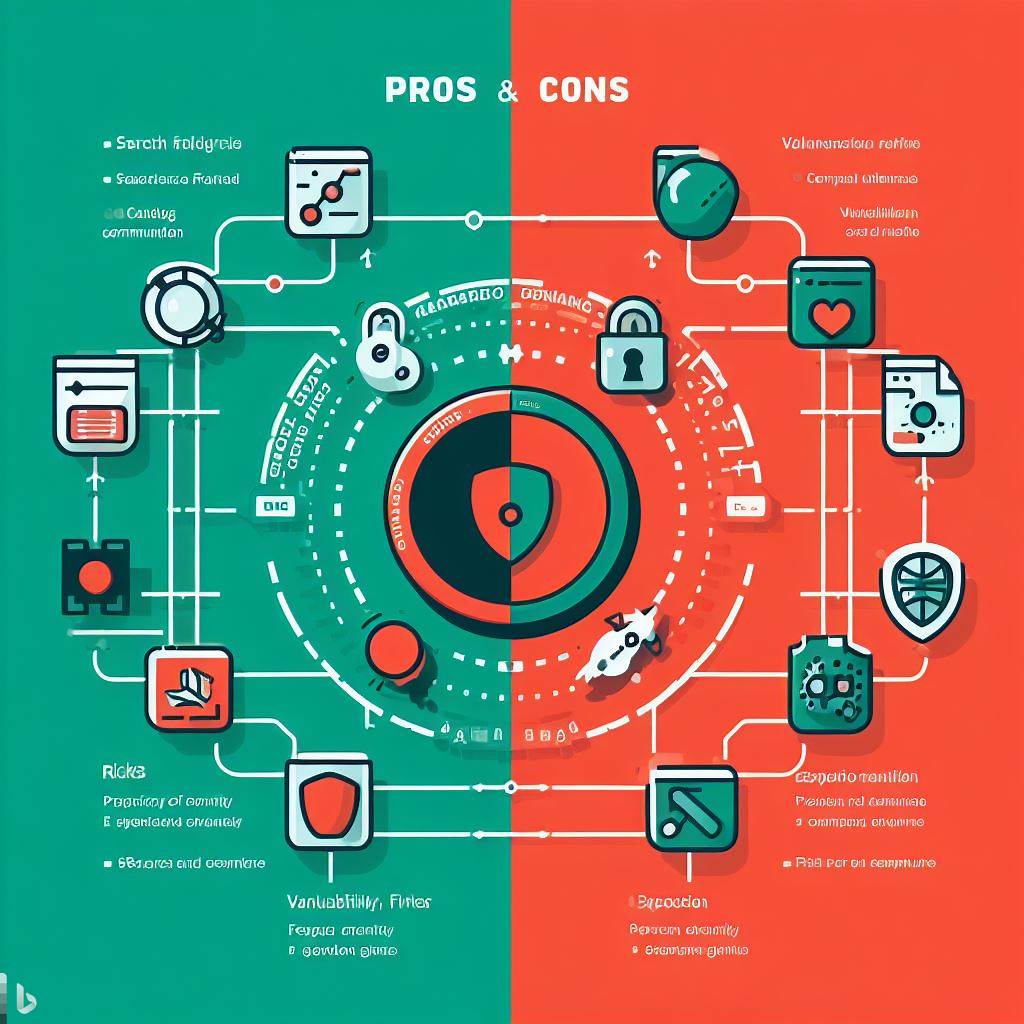 In the vast expanse of the digital universe, there exists a unique search engine that goes beyond the traditional boundaries of information retrieval.
In the vast expanse of the digital universe, there exists a unique search engine that goes beyond the traditional boundaries of information retrieval.
This search engine is Shodan.io, a platform that has revolutionized our understanding of the Internet of Things (IoT). It’s a useful tool, it’s a scary tool. Let’s dig deeper into Shodan.
What is Shodan.io?
Shodan.io is not your typical search engine. While traditional search engines like Google or Bing index web content, Shodan.io indexes internet-connected devices. These devices range from everyday items like refrigerators and thermostats to industrial control systems. In essence, Shodan.io is a search engine for the IoT.
The Purpose of Shodan.io
The primary purpose of Shodan.io is to provide visibility into the IoT landscape. It allows users to find specific types of computers connected to the internet using a variety of filters. These filters include IP address, operating system, hostname, and even the physical location of the device.
Shodan.io serves a multitude of purposes across different sectors. For cybersecurity professionals, it’s an invaluable tool for assessing network security. By revealing unsecured devices connected to the internet, it aids in identifying potential vulnerabilities that could be exploited by malicious actors.
For researchers and policymakers, Shodan.io provides insights into the distribution and usage patterns of IoT devices around the world. This information can guide decisions related to digital infrastructure and cybersecurity regulations.
The Power and Responsibility
While Shodan.io is a powerful tool, it also underscores the importance of responsible use. The visibility it provides into connected devices can be misused if it falls into the wrong hands. Therefore, it’s crucial for all users to adhere to ethical guidelines when using Shodan.io.
Shodan.io is more than just a search engine. It’s a window into the IoT universe that offers valuable insights while highlighting the importance of cybersecurity in our increasingly connected world.
The question of whether a service like Shodan.io should be allowed or not is a complex and often debated issue. Shodan.io, and similar services, have legitimate uses for security professionals and researchers (The White Hats!). These tools can help identify vulnerabilities in systems and devices, allowing organizations to patch them and improve their security posture.
However, there are also ethical concerns when it comes to services like Shodan.io. The fact that they catalog vulnerabilities and provide access to this information for a fee means that malicious actors could potentially misuse the data for cyberattacks. Here are some factors to consider:
- Legitimate Use: Shodan.io can be a valuable resource for cybersecurity professionals, researchers, and organizations to identify and address vulnerabilities in their own systems and networks.
- Responsible Disclosure: Services like Shodan.io can help identify vulnerabilities that might otherwise go unnoticed. Responsible disclosure processes can help ensure that organizations are made aware of these vulnerabilities so they can patch them.
- Ethical Concerns: The potential for misuse is a significant concern. There is a fine line between providing useful information for security purposes and facilitating malicious activities. Some people argue that these services should have stricter ethical guidelines and limitations on who can access the data.
- Legal Considerations: The legality of services like Shodan.io can vary by jurisdiction. Some countries may have specific laws or regulations that impact the service’s operation.
Ultimately, the decision to allow or disallow a service like Shodan.io may depend on the specific circumstances and the policies of the platform, organization, or government in question. It’s important to strike a balance between the legitimate use of such tools for cybersecurity and the prevention of misuse for malicious purposes. This often involves implementing appropriate safeguards, such as responsible disclosure practices, ethical guidelines, and legal oversight, to mitigate potential risks.
Here are some Youtube videos on Shodan.

